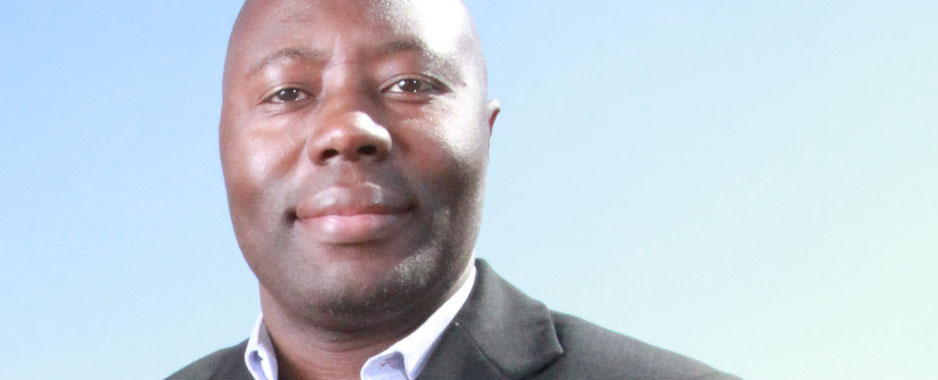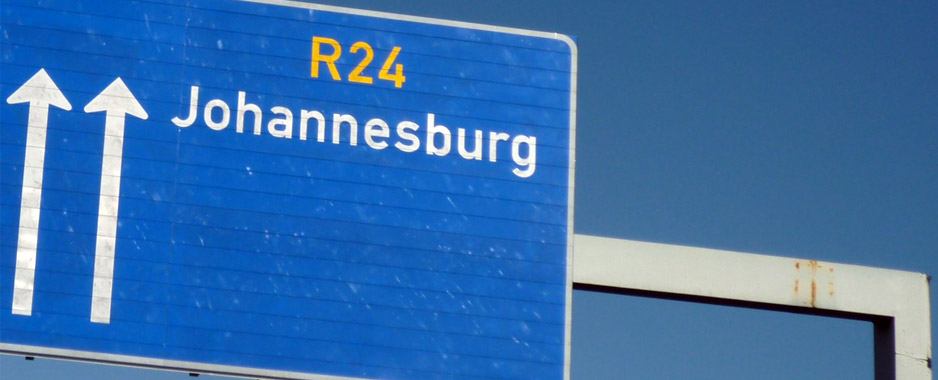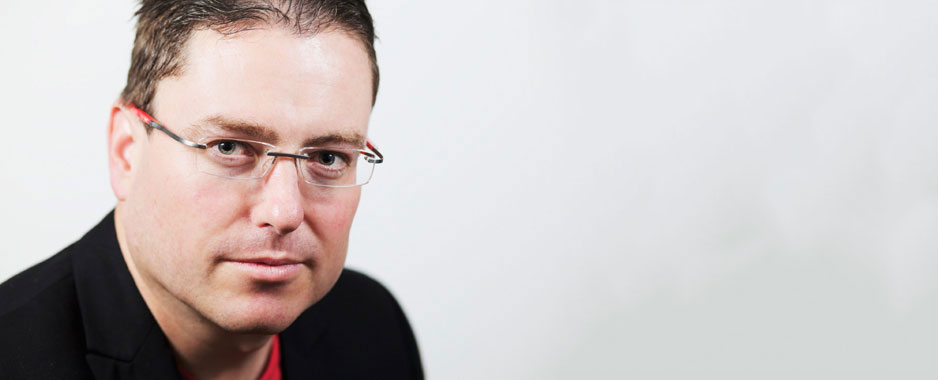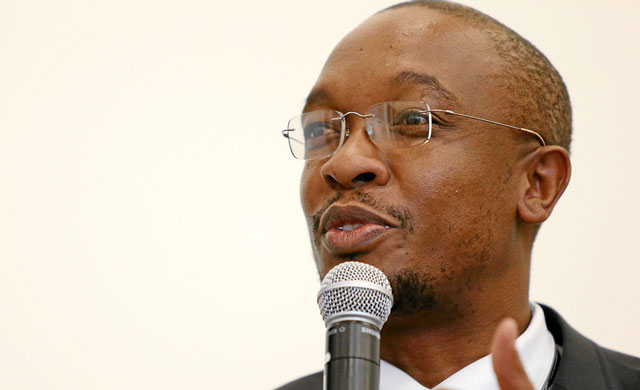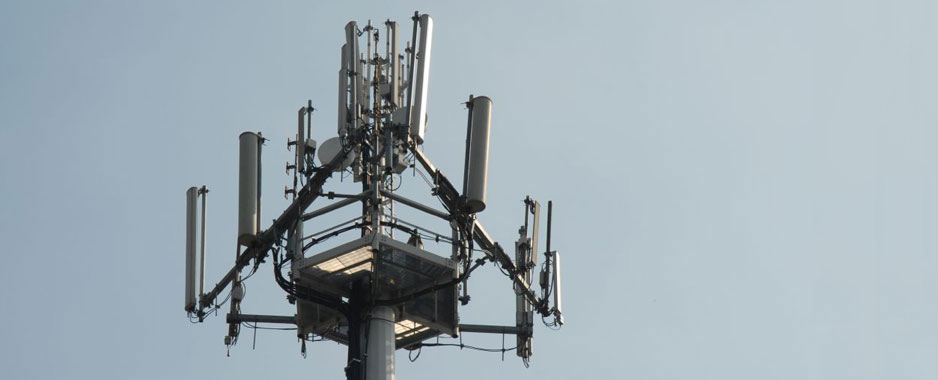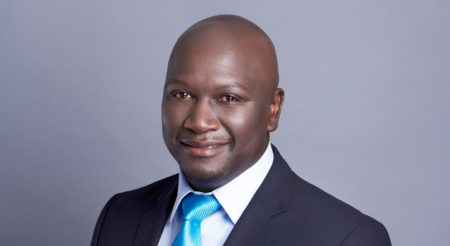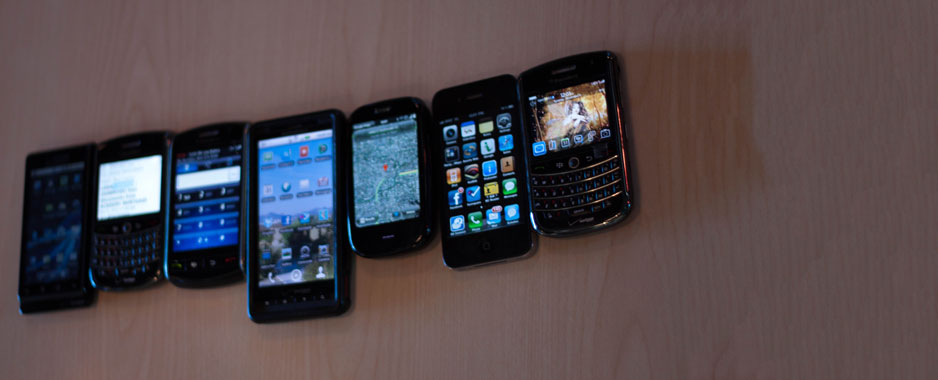Eighty-three percent of South African smartphone users connect to the Internet daily, while only 30% of PC users do so. And smartphone use is driving adoption of mobile broadband, with 87% of
Browsing: Ericsson
They’re coming for your Wi-Fi. They’re big, they’re infinitely rich, and they’re patient. And when they take your Wi-Fi, they’ll tell you that they did it for you. No, really, check out this video from Ericsson. It’s taken some time for the strategy to become clear, but the
Johannesburg has placed 29th out of 40 cities in a new ranking on ICT maturity. The report, by Ericsson, has placed Cairo, Egypt in 35th place, while Lagos, Nigeria is in 38th position. Ericsson’s latest Networked Society City Index ranks the 40 cities’ ICT maturity in terms of the leverage they get from technology
The City of Johannesburg has terminated the contract of CitiConnect Communications, the company tasked with running and commercialising its broadband project. The company managed BWired, the telecommunications operator set up by the city, with Ericsson, to run the project when it was launched. “It is unfortunate that we have had to
In the mid-1990s, there were fewer telephone connections in the whole of sub-Saharan Africa than there were in Manhattan. What a difference two decades has made: by the end of this year, there will be more than 635m active telephone subscriptions on the sub-continent. That number is twice the population of
Regulators and policy makers across Africa need to work with the telecommunications industry to harmonise radio frequency spectrum for broadband. Doing so will help drive down costs, especially of handsets, says Magnus Mchunguzi, who is MD of Ericsson in South Africa. Working together on
Johannesburg executive mayor Parks Tau has promised that his administration will roll out a thousand Wi-Fi hotspots throughout the city before the end of his five-year mayoral term in 2016. He made the pledge in his state of the city address, which he delivered in Soweto on Monday. “This year will see the completion of the roll-out of our
Demand for low-cost handsets, regional diversity and differences between developed and underdeveloped areas all mean older, second-generation (2G) mobile technology is set to remain the dominant form of connectivity in Africa for the rest of the decade. This is according to the
The R1,2bn fibre-optic network that covers all seven of greater Johannesburg’s municipalities will go live on 1 July. The network, built by BWired, a partnership between Ericsson and the city, will connect government buildings and businesses and serve as a wholesale network for telecommunications operators
The divide between emerging and developed markets in terms of smartphone penetration is set to grow wider, new research suggests. Telecommunications equipment company Ericsson expects that by 2018, almost all handsets in Western Europe and North America will be smartphones


